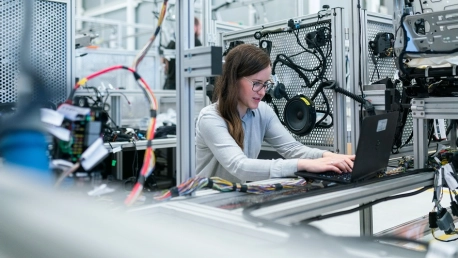
The information and communication technology (ICT) sector consumes 1.8% to 3.9% of global greenhouse gas emissions, according to research by IBM. As computing advances, so will the demand for energy consumption, however, data centers must adopt strategic green computing practices to minimize usage.

Quantum computing is a significant leap in computer technology. These complex computers can solve challenging calculations within minutes while analyzing a wide range of data at subatomic levels. Because quantum computing is efficient and robust, several sectors, such as AI, logistics,

As technology has influenced communication, learning, and work life, organizations must provide access to users with disabilities. For instance, many users rely on assistive technologies such as screen and text readers to browse digital content. However, organizations must ensure that their

When designing and developing websites and software applications, many businesses may unintentionally neglect accessibility for people with disabilities. As 26% of US citizens and 16% of the global population have at least one disability, technology must be accessible to all. And ADA compliance

Any company wanting to achieve rapid growth and long-term success should consider technologies like Advanced Process Automation, Artificial Intelligence, Advanced Programming, and the Zero Trust Model. Without adopting these modern solutions, it’s harder for businesses to leverage software that

Manufacturing is generally one of the most dynamic sectors in the global economy, both in terms of economic weight, and connections to all other sectors. Thanks to Industry 4.0 technologies, Zero Defect Manufacturing has the potential to become the new standard for companies interested in